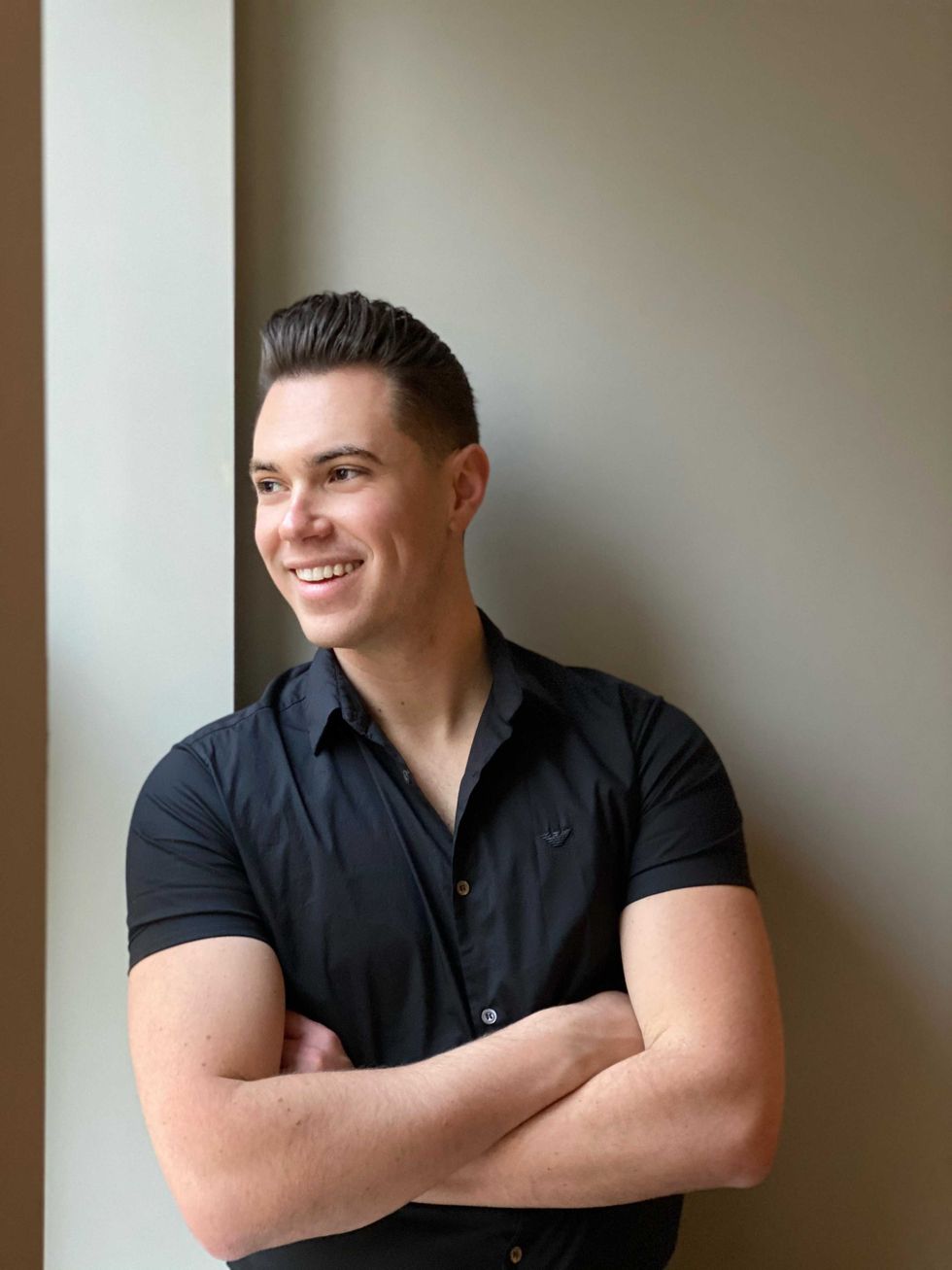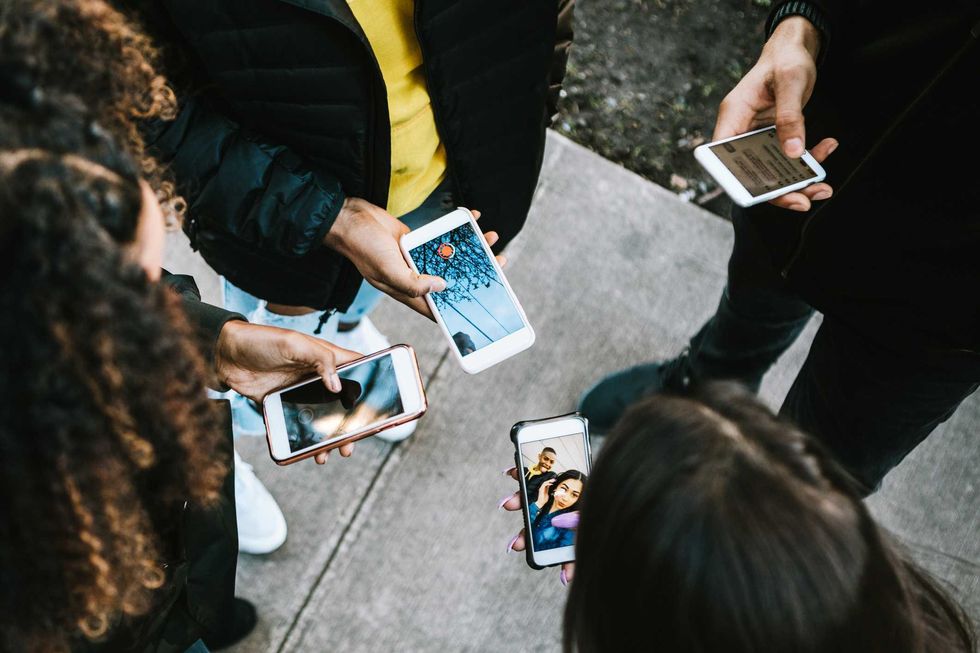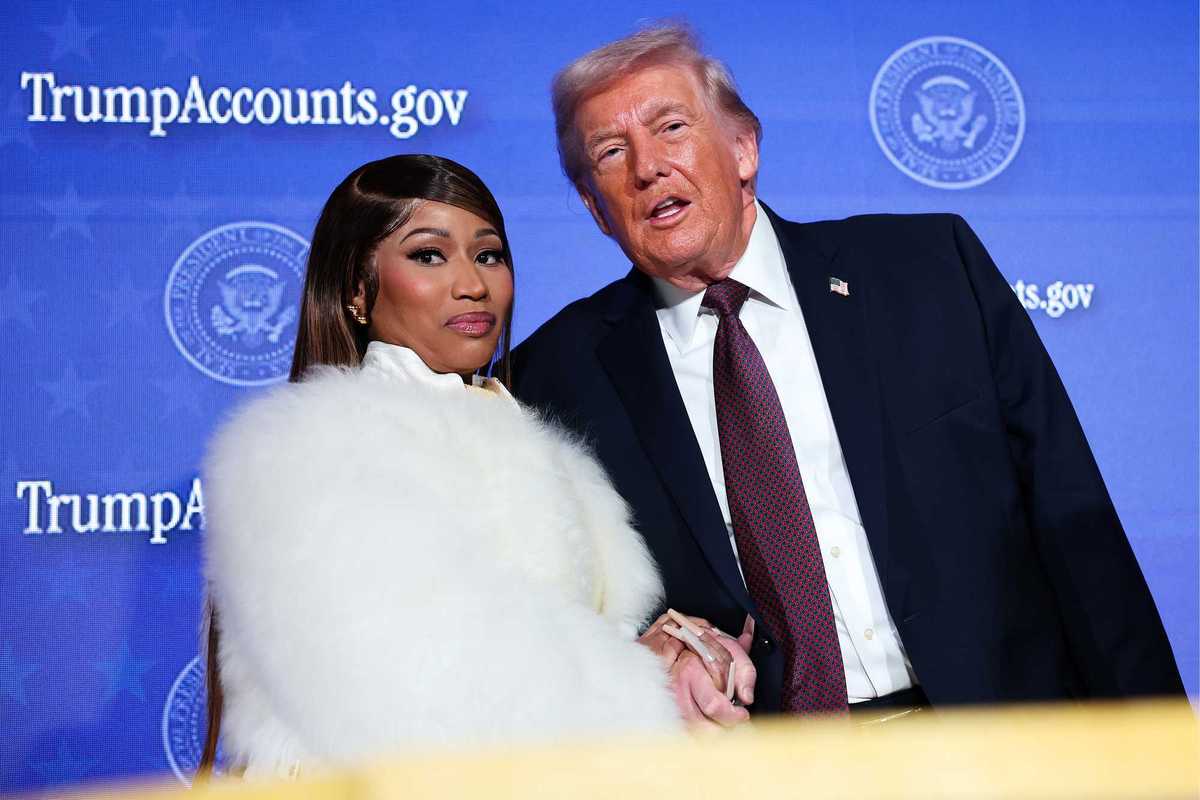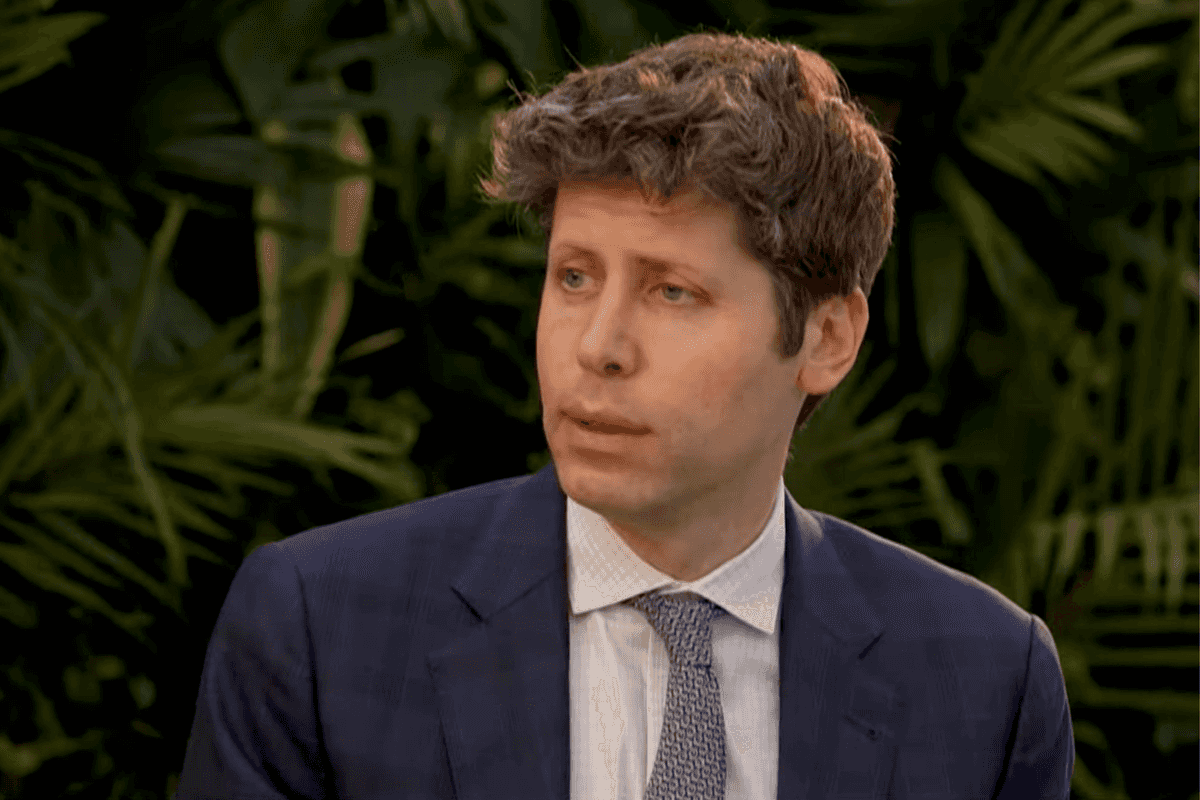Gen Z are often portrayed as the most vocal generation – confident in speaking up about issues that matter and unafraid to make their voices heard. But among younger Gen Z, something unexpected is happening on Instagram. Scroll through their profiles and you’ll increasingly find private accounts, and no sign of life on their grid with no posts at all.
Rather than constant oversharing, younger users seem to be engaging with the platform differently, treating it less as a public stage and more as a private space, where holding back can say just as much as posting.
A survey by Malwarebytes highlighted that Gen Z views privacy not merely as secrecy but as a means of exercising control over their digital presence.
Approximately 62 per cent of Gen Z express concerns about the exposure of sensitive or personal content, including "embarrassing/compromising photos/videos, mental health, sexuality", indicating a preference for selective visibility over broad disclosure.
Meanwhile, Experian’s 2025 research revealed that over half (52 per cent) of Gen Z participants are anxious about online privacy and misinformation.
The unease is part of a broader trend, with concerns about scams nearly tripling in the past year alone. This anxiety is understandable in an age of deepfakes – something millennials narrowly avoided when we were at a similar age.

Gen Z isn’t abandoning Instagram, however, by no means at all.
In fact, it remains the generation's second most-used platform, just behind YouTube and ahead of TikTok. What’s changing is how they use it.
Instead of focusing on polished, influencer-style public grid posts, many are leaning into private features like DMs and Close Friends, where interactions feel more authentic and selective.
To unpack what these shifts really mean, Indy100 turned to Jamie Love, social media expert and CEO of Monumental Marketing, to lift the lid on his perspective.
Jamie sees the rise of the private account–empty grid hybrid as intentional, but it doesn’t mean Gen Z are disengaged. Instead, it lets them "remain part of the social ecosystem," maintaining a presence without going full-blown TMI.
"It’s a controlled form of participation: they’re there, but on their own terms," he shares.

This mix of control and caution helps explain why Gen Z can be outspoken yet guarded, mindful of the digital footprints they leave behind and how long their posts might linger online.
"They’re happy to raise their voices on issues that matter, but they’re smart about how they do it," Jamie tells Indy100. "They’ve seen how quickly things can be taken out of context online."
That doesn’t make Gen Z "shy" or stand-offish – it’s strategic, Jamie points out.
"They’ll happily join a movement, add their voice, and amplify others, but they might not always be the first to post, because that feels riskier," he shares. "Being cautious doesn’t mean they care less; it just shows they’re very aware of the stakes when your words live forever on the internet."
Jamie notes that Gen Z is a generation that has witnessed firsthand how quickly things can spiral online, "from fake news spreading to someone’s old post being dragged up years later." They’re also well aware of what can happen if their opinion doesn’t land well or as intended with the rise of cancel culture.
"Sometimes that hyper-awareness means they post less, or stick to private spaces, because they worry that even being 'authentic' could backfire," Jamie says. "Other generations haven’t carried that same weight when posting; Gen Z are almost curating with one eye on the future, which is why they come across as more guarded."
"They’ll happily engage in group chats or comment sections when they see support building," Jamie says. "But starting the conversation themselves can feel too exposing."

The platforms they sometimes favour reflect that mindset. Discord, Twitch and temporary formats like Stories feel more relaxed and less permanent. As Jamie put it: "It’s a way of keeping things fun without the baggage."
When asked whether blank grids and minimal posting are here to stay, Jamie thinks the behaviour will evolve but won’t disappear.
"Gen Z are setting new norms around privacy and control," he shares, though he expects life stages and some of the anxiety around perception to shift how and what they choose to share.
Platforms are already adjusting. Instagram has Close Friends and Notes, WhatsApp offers disappearing messages, and Snapchat still hasn't died. Instead, it dominates Gen Z’s daily habits.
That said, the tension remains.
"Most platforms are built to encourage more sharing," Jamie explains. "Gen Z are asking for the opposite – more privacy, more control, more intimacy. The platforms that can strike that balance will be the ones they stick with in the long run."
Sign up to our free Indy100 weekly newsletter
How to join the indy100's free WhatsApp channel
Have your say in our news democracy. Click the upvote icon at the top of the page to help raise this article through the indy100 rankings.














